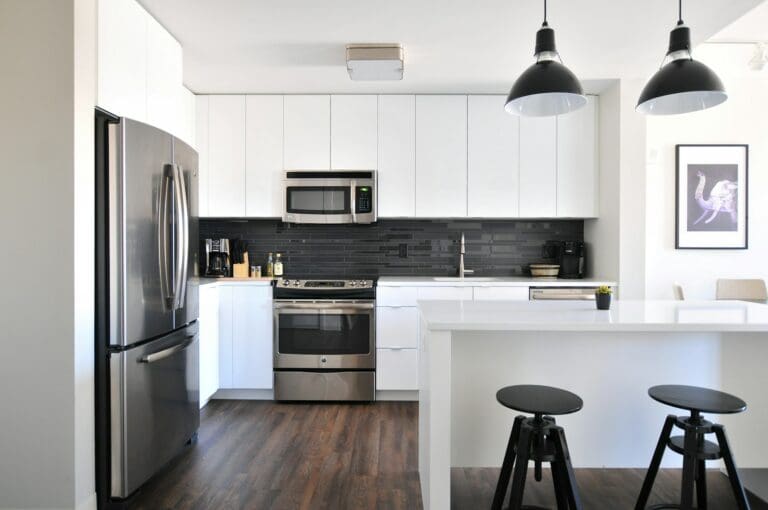Anxiety and depression are two prevalent mental health disorders that can significantly impact an individual’s quality of life. While they are different conditions, many people who suffer from anxiety also experience symptoms of depression, and vice versa. In recent years, there has been an increasing amount of research into the link between these two disorders. In this article, we will explore the relationship between anxiety and depression, the common symptoms, and the treatments available.
The Relationship Between Anxiety and Depression
Anxiety and depression are two distinct disorders, but they often coexist. According to the Anxiety and Depression Association of America (ADAA), nearly half of people diagnosed with depression also have an anxiety disorder. Similarly, about half of people diagnosed with an anxiety disorder also have depression.
The reason why anxiety and depression often coexist is not yet fully understood, but research suggests that they share many common risk factors. These risk factors include genetics, brain chemistry, and life experiences such as trauma or chronic stress.
Common Symptoms of Anxiety and Depression
While anxiety and depression are separate conditions, they share many common symptoms. These symptoms include:
- Feelings of sadness or hopelessness
- Loss of interest in activities once enjoyed
- Changes in appetite and sleep patterns
- Irritability or restlessness
- Fatigue or low energy
- Difficulty concentrating
- Physical symptoms such as headaches or stomach problems
In addition to these shared symptoms, people with anxiety may also experience:
- Excessive worry or fear
- Panic attacks
- Feeling tense or on edge
- Avoidance of certain situations or activities
Treating Anxiety and Depression
The good news is that anxiety and depression are treatable conditions. Treatment typically involves a combination of therapy, medication, and lifestyle changes.
Cognitive-behavioral therapy (CBT) is a common type of therapy used to treat both anxiety and depression. CBT helps individuals identify and change negative thought patterns and behaviors that contribute to their symptoms. Medications such as antidepressants or anti-anxiety medications may also be prescribed to help manage symptoms.
In addition to therapy and medication, lifestyle changes such as exercise, healthy eating, and stress management techniques can also be helpful in reducing symptoms.
Conclusion
Anxiety and depression are two separate conditions that often coexist. While the link between these two disorders is not yet fully understood, they share many common risk factors and symptoms. The good news is that both anxiety and depression are treatable conditions, and there are many effective treatments available. If you or someone you know is struggling with anxiety or depression, it’s essential to seek help from a mental health professional.

